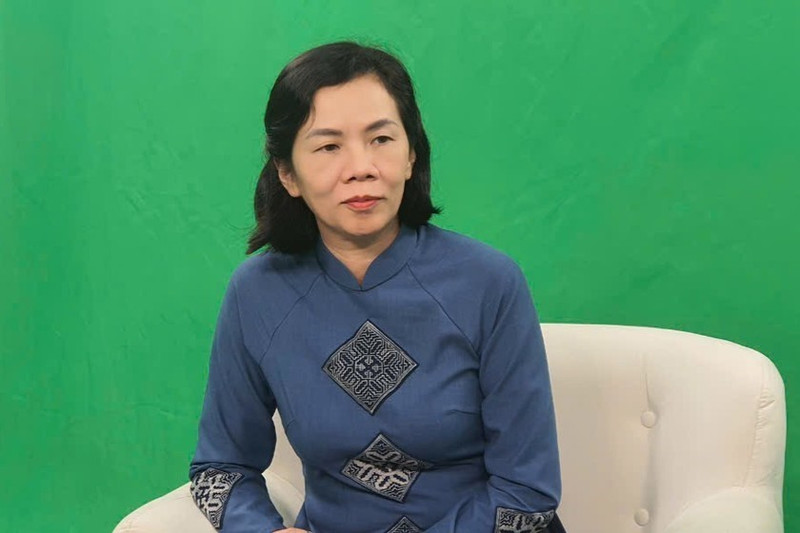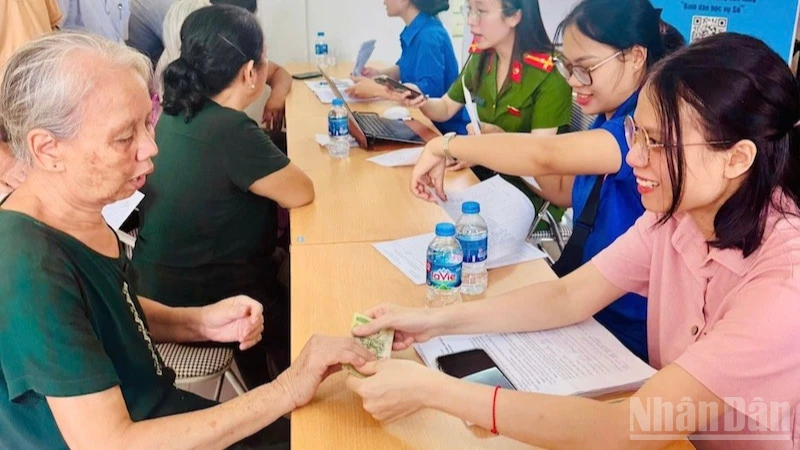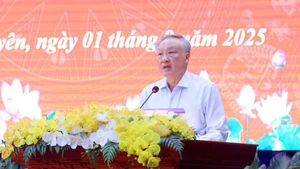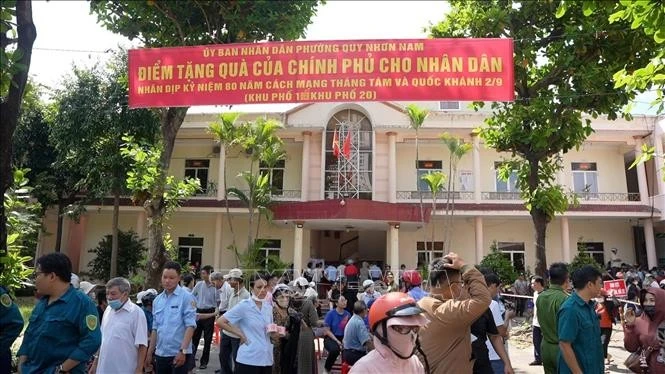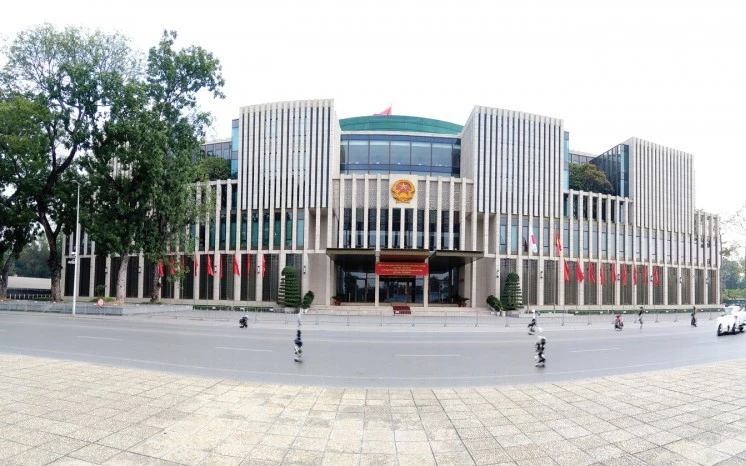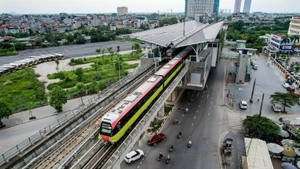How do you evaluate Viet Nam's progress in implementing its commitments to women's rights under the Beijing Declaration and Platform for Action over the past 30 years?
Viet Nam has made significant progress over 30 years of implementing the Beijing Declaration. This is demonstrated through the development and improvement of the legal system on women’s rights, namely the 2006 Law on Gender Equality and subsequent documents. Regulations require the mainstreaming of gender issues into the process of developing and amending laws, creating a solid legal framework, and contributing to narrowing the gender gap.
Viet Nam has seriously worked on the 12 critical areas of the Beijing Platform and achieved many positive results. In particular, gender equality has been mainstreamed into the Poverty Reduction Programme, the New Rural Development Programme, and the Ethnic Minority Programme.
Viet Nam’s ranking on the Gender Development Index (GDI) 2022 was 91 out of 193 countries, higher than on the Human Development Index. This shows that Viet Nam has made significant progress in narrowing the gender gap and promoting equality between men and women.
What efforts has the Viet Nam Women's Union made to promote gender equality?
The Viet Nam Women's Union has implemented various activities to promote gender equality and protect women's rights through social monitoring and critique. The Union has made significant investments in policy development and has set targets for all levels to participate in supervising and critiquing draft legal documents. Additionally, it has mandated that each province oversee the review of at least one draft annually.
We have also proposed numerous policies to support women, including Decree 39/2015, which assists low-income women from ethnic minorities with family planning. Additionally, the Union has organised various promotional activities to improve women's legal knowledge, helping them understand their rights and protect themselves. The Union also supports women in exercising their economic and familial rights by resolving cases of violations against women and children, and ensuring that their rights are fairly protected.
What do you see as the foremost priorities for Viet Nam to ensure sustainable progress for women?
The top priority is to narrow the gender gap in all areas. Economically, the gender pay gap is still quite large. According to the General Statistics Office, the average income of female workers was only 74 percent of that of men in the second quarter of 2024. This highlights the need for additional measures to help women access specialised career opportunities, particularly in technology.
Politically, despite ranking 53rd out of 146 countries on the proportion of female representatives in the National Assembly, the proportion of women in senior leadership positions remains low. Women are mainly in charge of areas such as health and education. Achieving true gender equality requires increasing women’s participation in senior leadership within State agencies.
In 2022, women spent 1.8 times more time on housework than men. This needs to change to allow women more time for personal development and greater participation in other areas of life.
In Viet Nam, women have 88.1 percent of the legal rights of men, ranking 55th out of 190. This indicates that, despite significant progress, much work remains to close the gender gap and ensure legal rights for women.
What are Viet Nam's advantages in building and amending policies on women and gender equality?
Viet Nam’s greatest advantage compared to many other countries is that its political system and legal foundation have integrated gender equality from the drafting stage of legal documents. This ensures that gender equality is not only included in legal norms but is also seriously implemented in the policymaking process.
Additionally, sociopolitical organisations monitor policy implementation and engage in social critique, reflecting the voices of the people, including women, in the review of draft laws and regulations. This process ensures that policies are appropriate, meeting the aspirations of the people, and promoting equality for all.
What role do Vietnamese women play in this policy change?
The Viet Nam Women’s Union operates at all levels, from central to local, reaching women in villages, with a total of around 19 million members. This extensive presence ensures that policies are effectively and widely implemented at the grass-roots level.
Vietnamese women, with their tradition of being ‘Heroic, indomitable, loyal and responsible,’ have demonstrated their capability to perform the same jobs as men. I believe that in the future, there will be no jobs that that men can do that women cannot, except for breastfeeding.”
